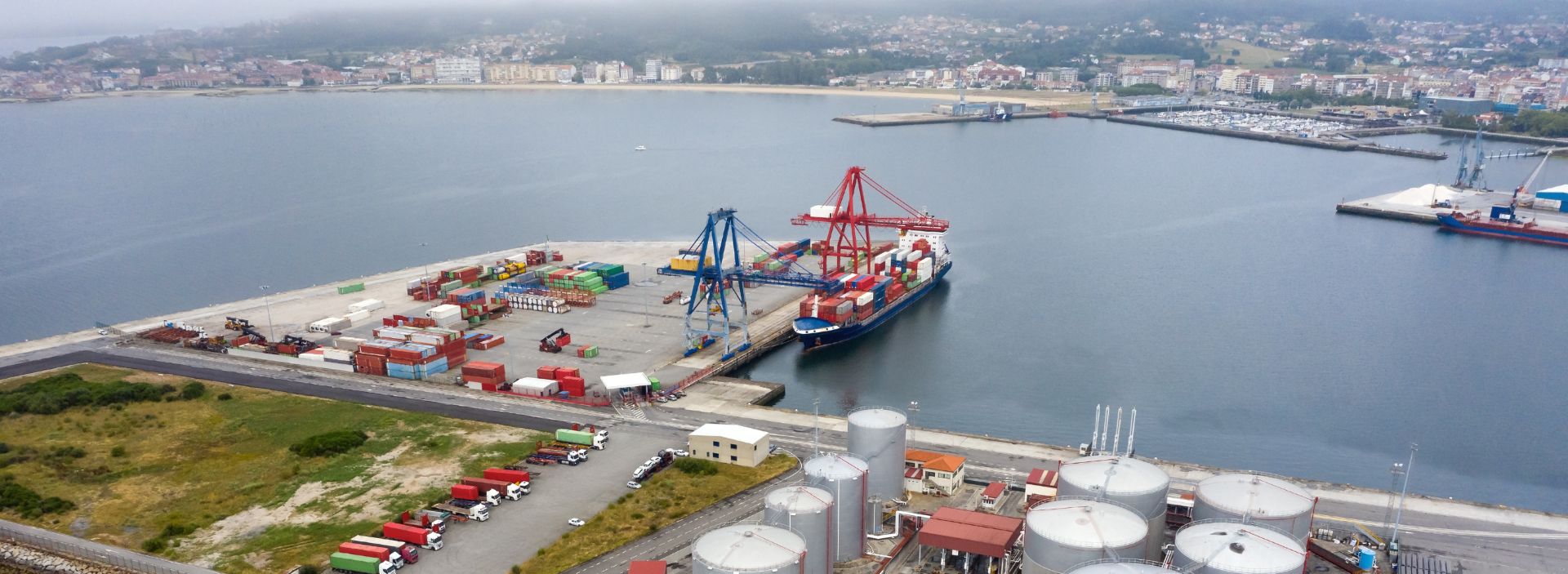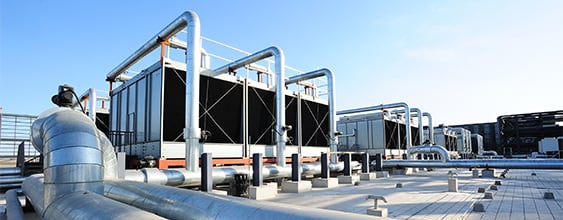Hydrogen offers vast potential to advance the decarbonization of the maritime industry and support the broad shift to clean-energy alternatives worldwide. Ports can lead efforts in maritime to foster an integrated approach that drives this shift way from fossil fuels—one that considers how to increase the use of clean energy in port operations and vessel propulsion and how to establish production and distribution capabilities to develop the hydrogen supply chain.
All of these factors must be addressed to support the uptake of hydrogen in this decade of action,1 which calls for accelerating solutions to deal with climate change and other major global challenges. COP26 (the 2021 United Nations Climate Change Conference) also underscores the need for stronger national plans and collective action as global leaders continue to develop their decarbonization strategies toward net zero.
This article explores opportunities for ports—to develop production and distribution capabilities through hydrogen hubs while advancing the potential applications of hydrogen; it also presents the challenges involved in transporting hydrogen and powering vessels with this alternative fuel.
1 United Nations, Sustainable Development Goals, Decade of Action: The Decade of Action calls for accelerating sustainable solutions to all the world’s biggest challenges—ranging from poverty and gender to climate change, inequality and closing the finance gap.
















